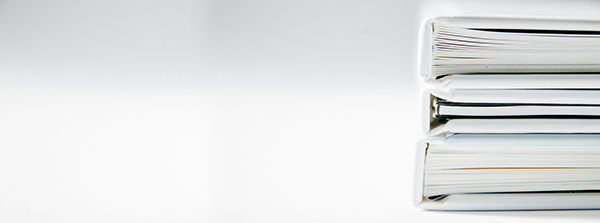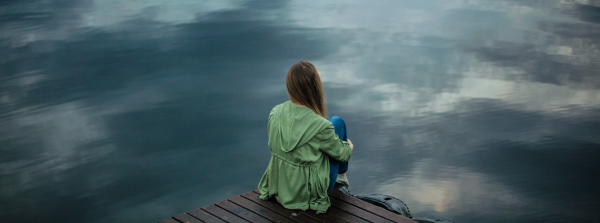Event Details:
Date: Tuesday, December 3rd
Time: 9:00-10:30 am
Format: Online via MS Teams LINK

Obrillant Damus is a full professor at the Université d’État d’Haïti and associate professor at the Université de Sherbrooke, where he supervises doctoral work. His research interests include disability, solidarity, education for love, human vulnerability, peace education, home childbirth, local and indigenous knowledge, women’s rape, breastfeeding, regenerative and restorative pedagogies, forecasting in education, education for a global conscience, global citizenship education and more. He is the author and co-author of numerous works in French, English, Haitian Creole, and Spanish, some of which have been published by UNESCO. He has been a visiting professor and lecturer in many countries. Trained in language sciences, education sciences and socio-anthropology (PhD), Professor Damus is a peasant researcher whose work is strongly rooted in interdisciplinarity. His peasant origins and his frequent visits to the West have enabled him to produce original works. He is the principal editor of the journal Anthropologie des savoirs des Suds, published by Éditions de l’Université de Sherbrooke (ÉDUS).
Professor Obrillant Damus is currently visiting professor at Laval University (Faculty of Theology and Religious Studies) and at Rennes 2 University, where he holds the Dr Pr Denis Mukwege Chair in Rape and Violence Memory (November-December 2024). Prof Damus is funded by the Quebec Research Fund and the Social Sciences and Humanities Research Council of Canada.
Lecture Abstract: Regenerative and restorative pedagogy refers to a set of methods and knowledge aimed at regenerating ourselves, regenerating others, and repairing the past and present with a view to human, ecological, and planetary sustainability. It aims to reduce the processes of destructing the self, other humans, and non-humans. The main role of this alternative and transgressive pedagogy is to counter the neoliberal approach of hegemonic education, which contributes to destroying knowledge, identities, cultures, ethnic groups, natural environments, and animals. To achieve these goals, regenerative and restorative education aims to be transdisciplinary; in other words, to transcend the boundaries between disciplines. Regeneration and reparation in education require the creation of citizens capable of understanding that the whole world is one country, and that, wherever we may be, we all share a common destiny. What is regenerative and reparative pedagogy? What are the axioms and values of this discipline? How can this pedagogy contribute to the ethical, methodological, theoretical and epistemological renewal of education for global citizenship? The main aim of my lecture is to describe the axioms and values of this pedagogy. My theoretical reflection will be built around several concepts: ecological consciousness, global consciousness, relational ontology, mother earth, and so on. It will be informed by data collected during local dialogue workshops with holders of local and ancestral knowledge. The use of this decolonial method of cognitive extraction (a method of cognitive co-construction in which knowledge is produced by and for the participants) in rural environments has enabled me to understand that it is an indispensable tool in the struggle against the coloniality of being and knowledge. The fundamental hypothesis is that the ways of thinking, acting and being of holders of local and ancestral knowledge in the global South and global North enable them to practice regenerative and restorative pedagogy.
Personal page: https://www.usherbrooke.ca/religieux-contemporain/personnel/professeurs-associes/obrillant-damus
Journal’s website: https://savoirs.usherbrooke.ca/handle/11143/20463
Selected works published by UNESCO:
• In French: Les futurs de l'éducation au carrefour des épistémologies du Nord et du Sud (The future of education at the crossroads of North and South epistemologies) https://unesdoc.unesco.org/ark:/48223/pf0000374047.
• In spanish: Las prácticas profesionales de las comadronas tradicionales en Haití: entre salud, biodiversidad y espiritualidad (The professional practices of Haitian matrons: between health, biodiversity and pirituality). https://unesdoc.unesco.org/ark:/48223/pf0000368172.locale=fr.
• In english: Damus, O. Regenerative and restorative pedagogy: The foundation of a new contract for cognitive justice. Prospects (2024). https://doi.org/10.1007/s11125-024-09683-y.
 PL
PL


